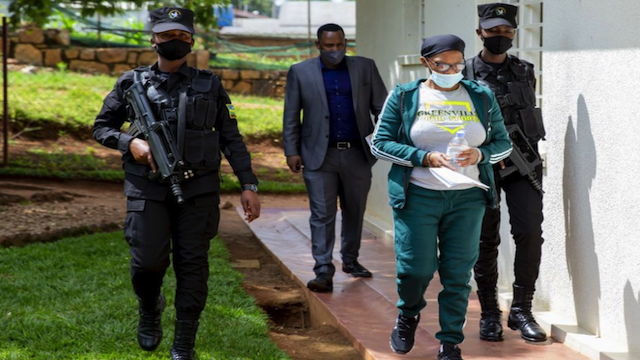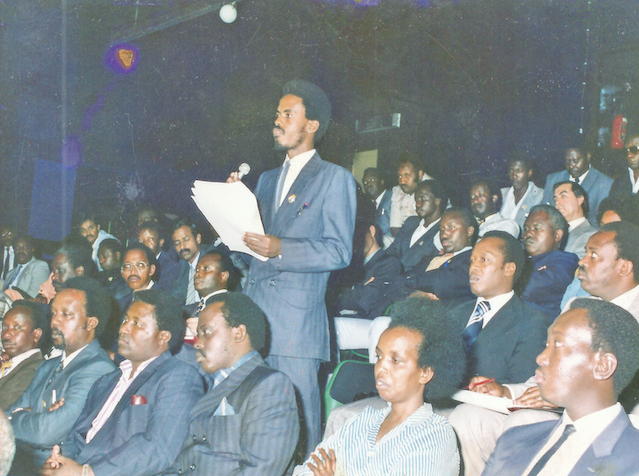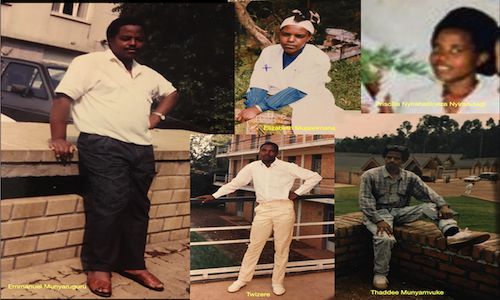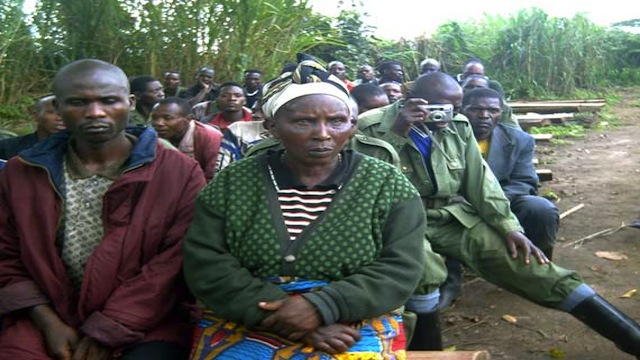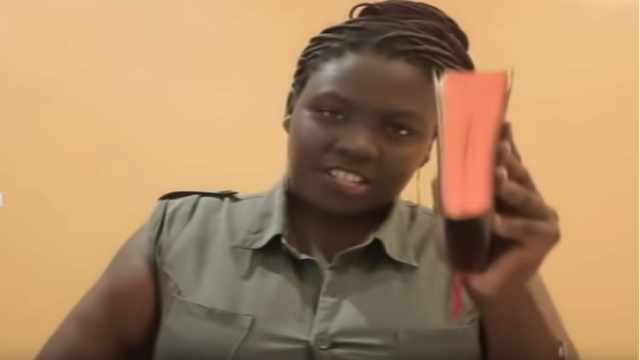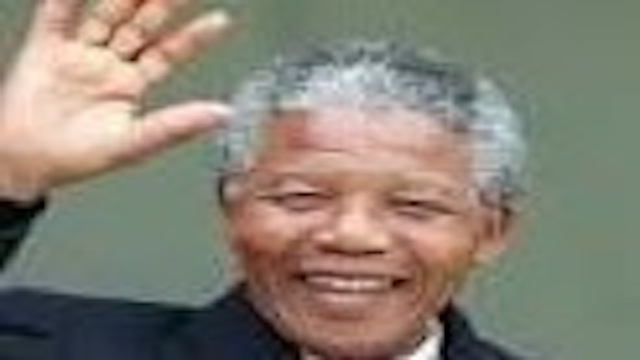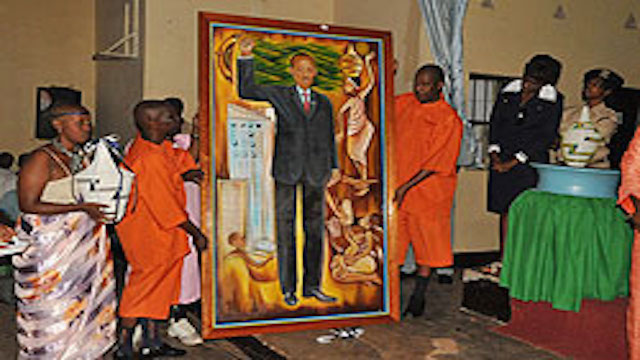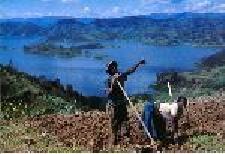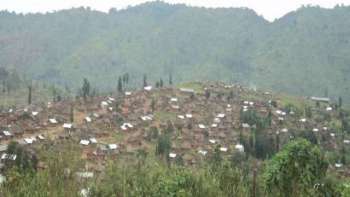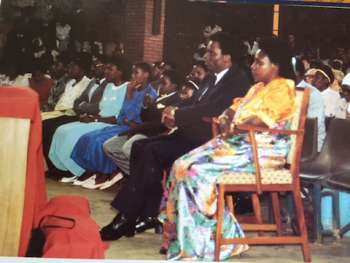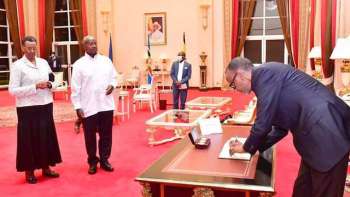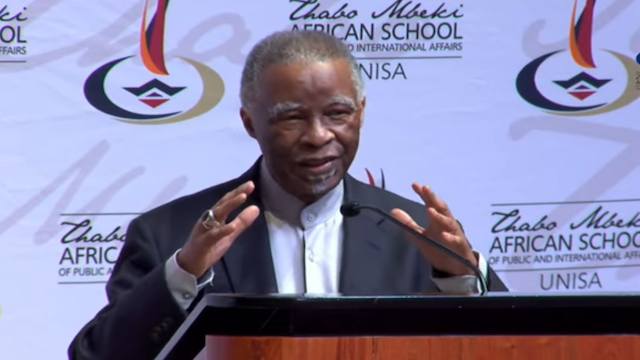On December 31, 2010 The Guardian published an article by Mr Stephen Kinzer, a US journalist and author. In the article, titled "End human rights imperialism now” ( see here): Steven Kinzer attacks human rights groups, singling out the reputable Human Rights Watch for having "lost their way by imposing western, 'universal' standards on developing countries.” Unfortunately Stephen Kinzer's arguments are based on the fallacies and contradictions he set out to denounce and suffer at least three major flaws: they contradict his own stated principle of the universality of American Values, they target the wrong culprits, and they are based on wrong premises and bad examples.
Rwanda: My Sister Beatrice Munyenyezi’s Trial - A Perfect Example of the Political Culture of Deception
by Jean-Marie Vianney Higiro, PhD.
Professor of Communication at Western New England University
1215 Wilbraham Road, Massachusetts 01119-2684
United States of America
Massachusetts, USA, March 6, 2024.
1-Introduction
Beatrice Munyenyezi’s trial that started on January 18, 2022, ended on February 28, 2024, in Nyanza after two years of controversial hearings during which “ubwenge,” a cultural feature of traditional Rwandan society was prominently on display. Rwandan prosecutors lined up witnesses who delivered fictionalized charges against Munyenyezi. All of them claimed to have met her as a Hutu militia leader in one capacity or another. For instance, some claimed she had been their classmate at the National University of Rwanda (UNR). Others alleged they had seen her overseeing a roadblock at Hotel Ihuriro manned by Hutu militiamen.




